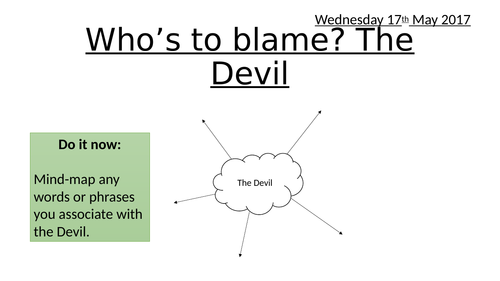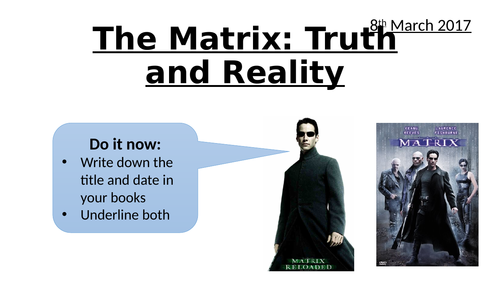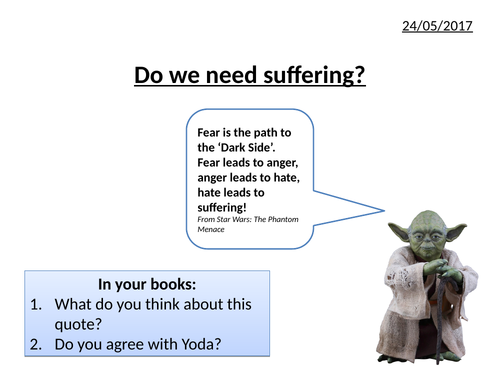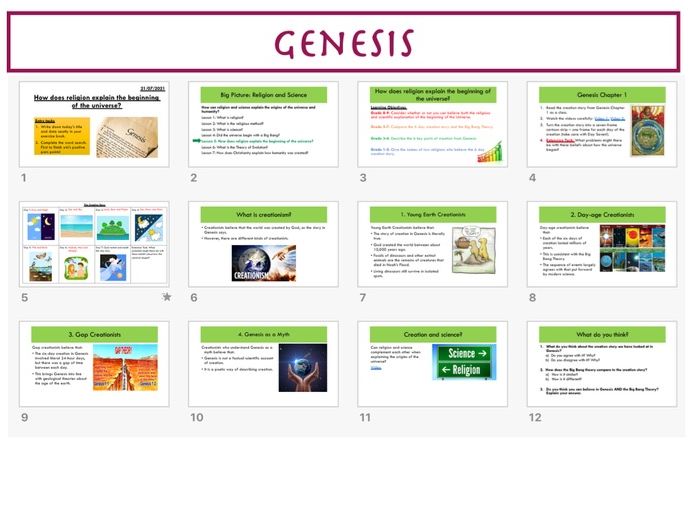KLSresources
Silver author! Head of History and Head of KS5 Humanities at an outstanding secondary school. I have experience teaching History, Geography, and Philosophy at KS3, and History at GCSE and A Level, with the occasional dabble in Ancient History and Latin. I also have experience teaching EPQ and PSHE. I am a Specialist Leader in Education for Primary History, teacher training mentor, and History subject knowledge tutor.





















